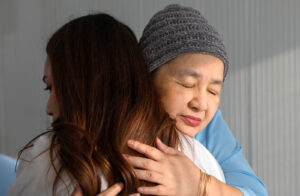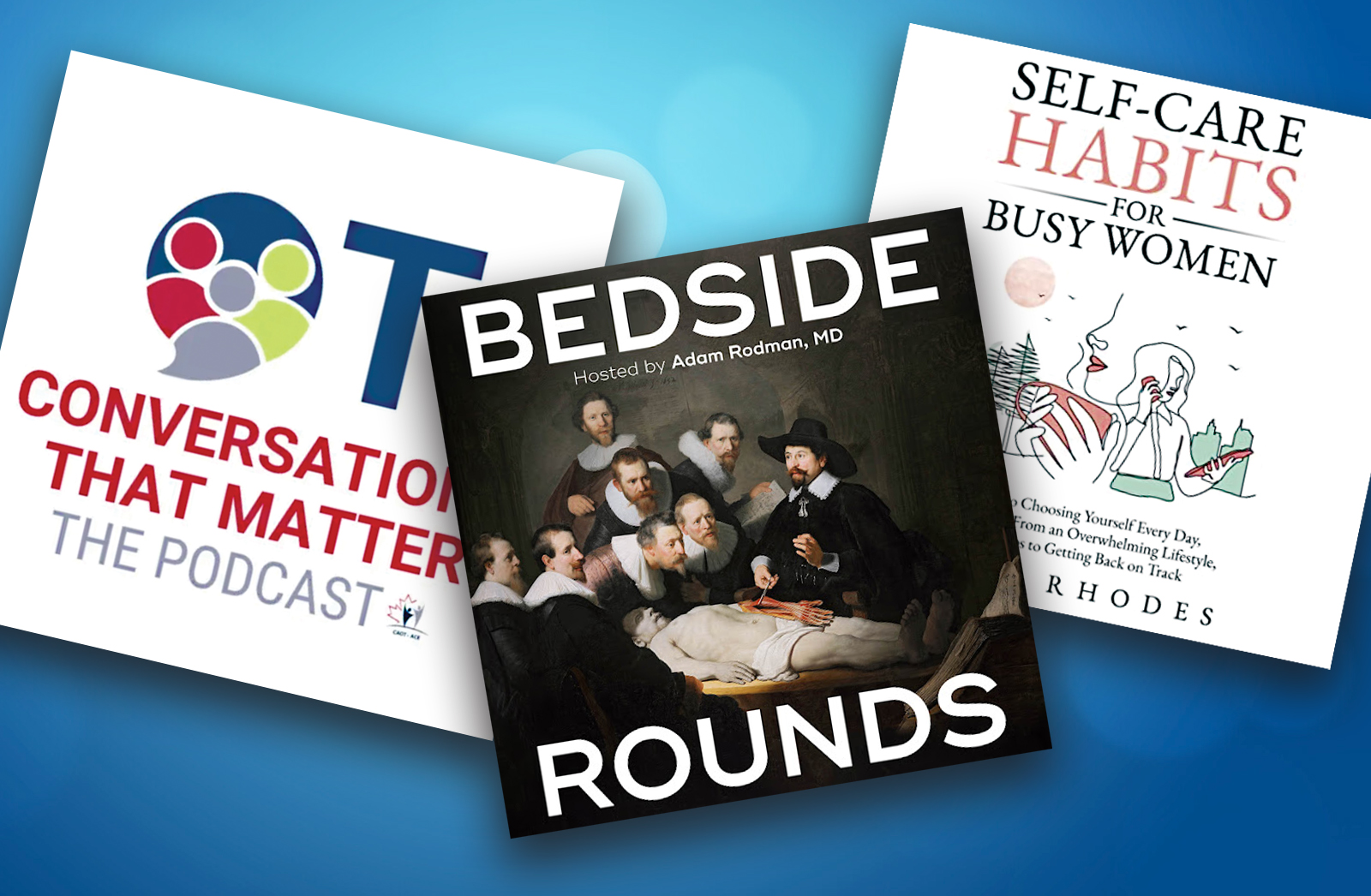Is sunscreen the new margarine?
Current guidelines for sun exposure are unhealthy and unscientific, suggests controversial new research—and quite possibly even racist. How did we get it so wrong? How could people with low vitamin D levels clearly suffer higher rates of so many diseases and yet not be helped by supplementation?
As it turns out, a rogue band of researchers has had an explanation all along. And if they’re right, it means that once again we have been epically misled.
One of the leaders of this rebellion is Richard Weller, a mild-mannered dermatologist at the University of Edinburgh. Weller’s doubts began around 2010, when he was researching nitric oxide, a molecule produced in the body that dilates blood vessels and lowers blood pressure. He discovered a previously unknown biological pathway by which the skin uses sunlight to make nitric oxide.
Source: West Virginia University
Women’s pain is different from men’s
Modern-day treatments for chronic pain are notoriously dismal, with many of our go-to medicines not working well for people with pain lasting three months or longer. The failure to include sex differences in the search for better pain relief stems, in part, from flawed but deep-seated beliefs that men and women process pain in the same way. Now, a study in the journal Brain reveals the most compelling evidence to date that men and women may need different drugs.
Source: Brain
Can it hurt to lose sleep?
A team of neuroscientists at the University of California, Berkeley recently performed a sleep laboratory experiment to measure pain thresholds after a lack of sleep. Interestingly, the researchers found that just one night of sleep deprivation reduced pain thresholds by more than 15 per cent and left a clear signature in the brain’s pain-management centres. This new work has implications for hospitals, where noise levels are high and interruptions frequent. The researchers wondered whether handing out earplugs and sleep masks could speed recovery and shorten hospital stays.
Source: news.berkeley.edu
Artificial intelligence to improve lung cancer screening
Current methods of lung cancer screening have a 96 per cent false-positive rate, meaning that many individuals without the disease are subjected to unnecessary investigations such as biopsies and additional scans. In results published in Thorax, researchers from the University of Pittsburgh and UPMC Hillman Cancer Center describe how they were able to use a form of artificial intelligence through a machine learning algorithm to create a model that calculates the probability of cancer. The model reduced false-positive findings, saving 30 per cent of people with benign nodules from additional testing, without missing any actual cases of cancer. The researchers now plan to further test their technique in a larger population.
Source: nature.com
Anonymous Nurse: We deserve the same respect as doctors. Here’s why.
In a long-form column titled, “We deserve the same respect as doctors. Here’s why,” written by an unnamed nurse, a number of misconceptions about the profession are eloquently tackled. From myths about education and a call for increased respect and autonomy, the piece highlights the long-term benefits of recognizing that a nurse is never “just a nurse.”
Source: healthline.com
The world of Warcraft
Written by a mourning parent from Oslo who was amazed at the online network of friends her son Mats had, this article is a tale of warriors who lit candles all over Europe to honour their fellow gamer. Suggesting that Mats, her son who lived with Duchenne muscular dystrophy (DMD), had barely left his basement in the last years of his life. A mother describes her misplaced worry about her son’s loneliness and a new understanding of the key role the game world had in his life.
Source: themighty.com














